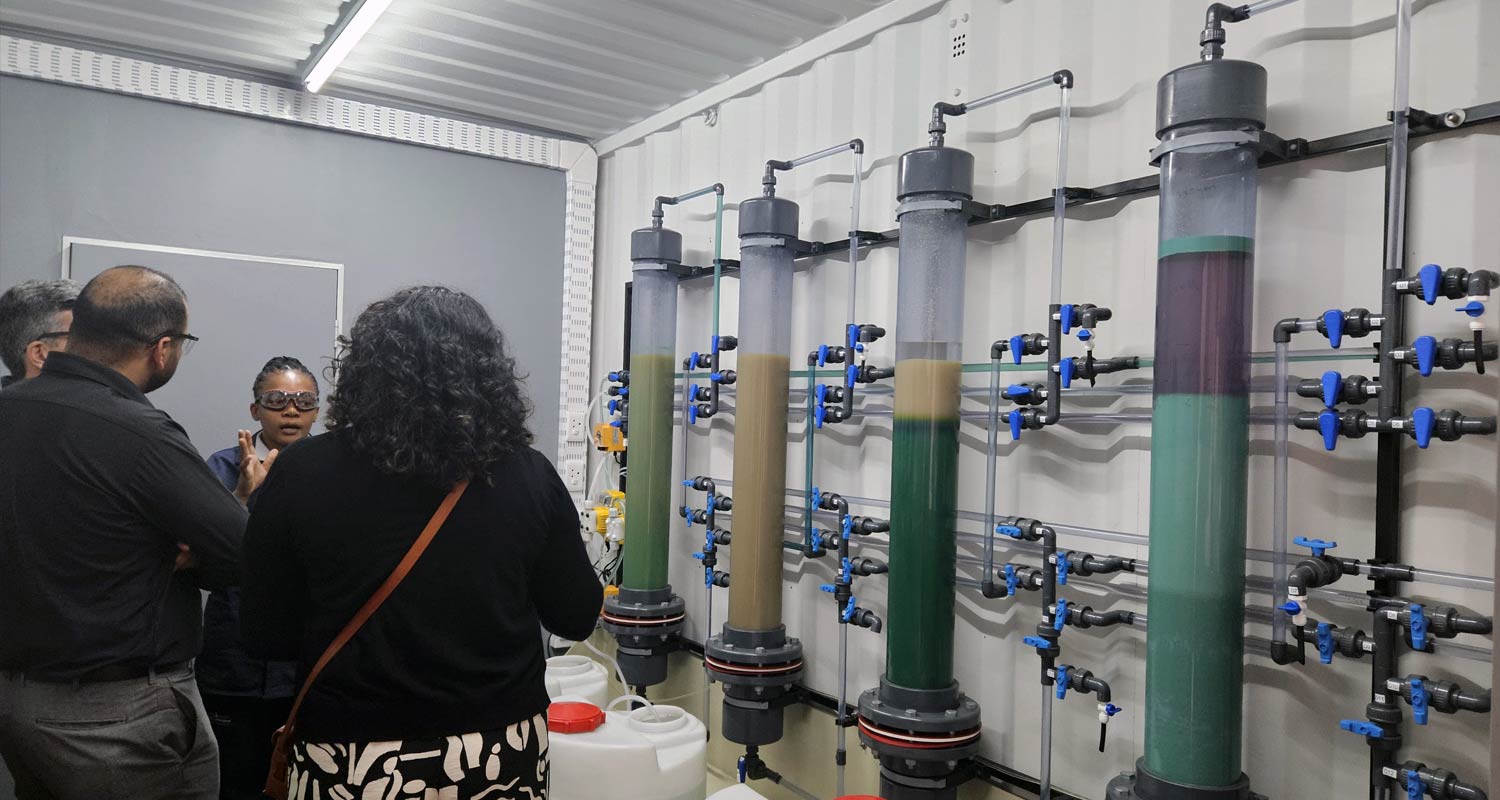Inside Joburg’s new lithium battery recycling plant which uses food-safe chemicals
Once collected, the batteries undergo shredding, which exposes the valuable metal-containing black mass at their core. From there, the black mass enters a proprietary hydrometallurgical process, where a blend of food-safe chemicals is used to leach out metals such as lithium, manganese, nickel and cobalt.
Unlike traditional methods that rely on pyrometallurgy and high temperatures, Cwenga Lib’s facility operates at room temperature, making it safer for operators and more feasible in the South African context.
There is going to be a growing demand for this type of recycling in future. Not only from an environmentally friendly disposal perspective, but also for recovery of these metals for re-use.
Yes, whilst the SA government is bent on extending gas extraction and the use of coal, the private sector is investing in the future business around further enhancing environmentally friendly and sustainable energy production.
See
Inside Joburg's new lithium battery recycling plant - TechCentral
Cwenga Lib has built a facility to recycle lithium-ion batteries that had previously been exported or dumped in landfills.
#
technology #
environment #
recycling #
SouthAfrica
